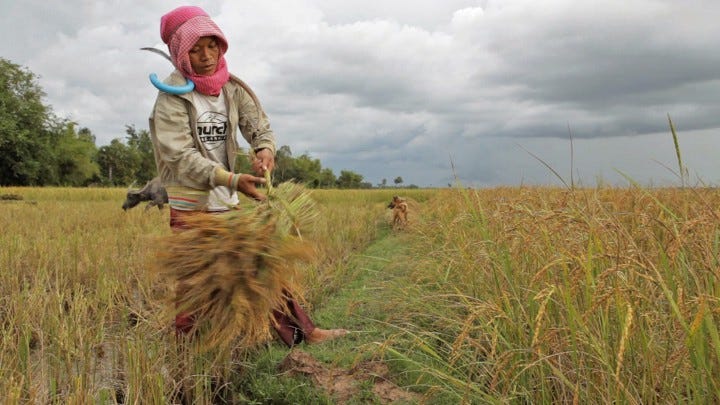‘A River Changes Course’ Review

In Cambodia there is a beautiful species of migratory butterflies. According to certain village elders, these creatures fly north to Laos for part of the year and return with stunning new patterns on their wings. This may not be exactly true, but that doesn’t entirely matter. You’re welcome to do your own research on lepidoptera migration. In Kalyanee M…
Keep reading with a 7-day free trial
Subscribe to Nonfics to keep reading this post and get 7 days of free access to the full post archives.



